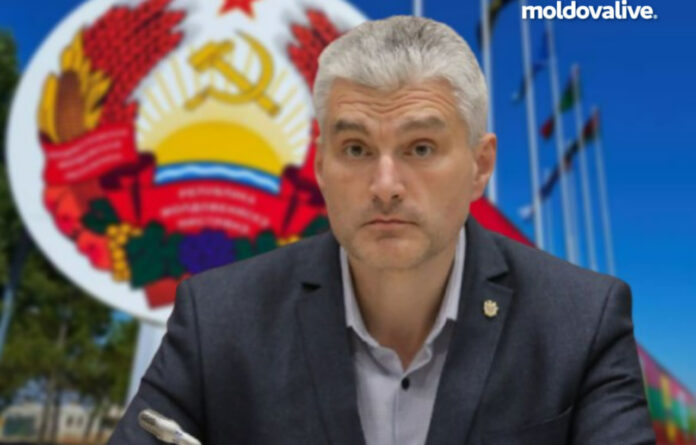The energy crisis in the Transnistrian region does not present a historic opportunity for the reintegration of the Republic of Moldova, according to Alexandr Slusari, a member of Energocom SA’s Council and a former deputy in the Moldovan Parliament. He expressed this view during a public debate titled “Coada de Peste” of the Crisis in Moldova’s Eastern Region, organized by IPN News Agency. Slusari highlighted that Russia’s stance and the current geopolitical context hinder the possibility of rapid reintegration.
Alexandr Slusari criticized the lack of a coherent plan from Chisinau to manage the energy crisis, emphasizing that Moscow’s significant influence over the Transnistrian region makes reintegration a distant goal.
“I don’t believe that the current situation represents a historic chance for reintegration. Reintegration is unlikely as long as Russia maintains a relatively strong positions, and the geopolitical and regional context remains unfavorable for Moldova. The Kremlin initiated the current scenario. When we talk about a historic opportunity for reintegration, Chisinau should drive it. However, Chisinau traditionally reacts, relying more on statements than actions,” Slusari explained.
He also raised concerns about potential developments in natural gas deliveries to Transnistria. Slusari claimed that Gazprom might soon propose supplying gas exclusively to the separatist region through Turkey solely for domestic consumption. He expressed fears that the Moldovan government might agree to such a deal, which he believes would perpetuate a disadvantageous situation for Chisinau.
FOR THE MOST IMPORTANT NEWS, FOLLOW US ON TWITTER!
“In a week or ten days, Gazprom will propose delivering gas. There are rumors that an agreement has been reached in Turkey to supply natural gas exclusively to the Transnistrian region for internal use without providing electricity to the right bank. Continuing this deal is not in Moldova’s interest. Under Gazprom’s proposed arrangement, the right bank will gain no benefit. I fear the current government might allow the gas to continue flowing to Transnistria. At the very least, I hope the industry on the left bank will not operate and that the deal will be limited to humanitarian aspects,” Slusari added.
He warned that if Transnistrian industries continue to benefit from cheap energy resources, it will perpetuate unfair competition with businesses on the right bank of the Nistru.
“I hope we can at least prevent this unfair competition and stop industries, whose privatization we have never recognized, from functioning. I fear external partners might pressure Chisinau’s authorities to yield, to maintain peace in the region and avoid provoking Russia under these complex geopolitical conditions, especially after the recent changes in the U.S. I am skeptical that our authorities will have the resolve and firmness to resist,” Slusari concluded.
The public debate, titled “Coada de Peste” of the Crisis in Moldova’s Eastern Region, is part of the “Developing Political Culture through Public Debates” series, organized by IPN News Agency with support from the German Hanns Seidel Foundation.


